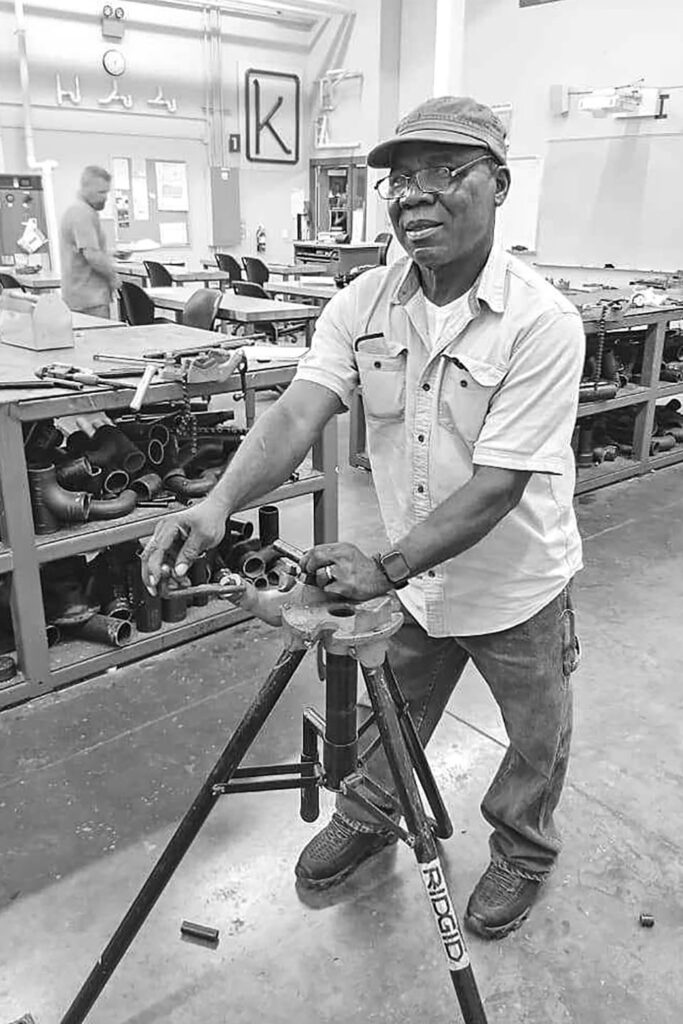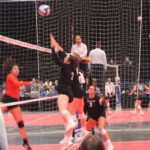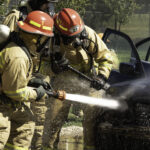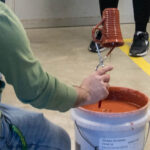
When Dean of Industrial Technologies Joe Greathouse talks about trade programs at Kirkwood Community College, his eyes light up with pride. He believes Kirkwood is doing something extraordinary for students who prefer to learn by doing.
“Our connection to industry is what makes us unique,” he said with a confident smile. “When students graduate, we already have strong relationships to fall back on. We make sure everything we teach is relevant to what the industry needs.”
That connection runs deep. Industry partners don’t just hire Kirkwood students; they help design the programs themselves. They guide what is taught and how it is taught. They open their doors to students for internships, part-time work, and full-time jobs. It means a student can be in class one day and applying that lesson on a real job site the next.
Some of these programs have been around for more than 30 years, shaping Iowa’s workforce. Carpentry, plumbing, HVAC, architectural technologies and construction management are among the most popular, with construction management leading the pack at about 120 students.
Aviation maintenance technology, one of the crown jewels in the transportation sector, and all other programs, have a 100% job-placement rate after graduation, according to Greathouse. Companies like Woodruff Construction regularly open their doors to Kirkwood students for internships and employment.
Because of that strong reputation, some programs now have waiting lists. “We do not want to oversaturate the system with graduates who might struggle to find jobs,” Greathouse said. “We also face limitations in facilities and faculty availability, but we are actively working to expand.”
Scholarships are available from both public and private sources to help students pursue these opportunities. With technology rapidly evolving, Greathouse keeps an eye on what comes next. “Artificial Intelligence and robotics will definitely change the landscape,” he said. “You can’t easily replace skilled hands-on work with machines, but we must learn to adapt. Every year we meet with our industry partners to discuss new trends like AI and robotics so we can update our courses and stay current.”
He believes trade programs are just as important as traditional academic degrees, especially for students who want to work directly in industry or create their own businesses.
In the humming workshop of the industrial maintenance technology department, student Alphonson Mwah wiped his hands on a cloth as he spoke. The steady rhythm of machines filled the room.
“I chose a trade program because it is affordable, practical and career-ready,” he said. “I already work part-time in industry while studying, and when I graduate I’ll have a full-time job waiting. With these skills, even if no one hires you, you can create your own job.”
For Mwah, it is not just about earning a living; it is about gaining independence and building a future. “I’ll always choose a trade program over a regular one,” he said proudly. “You can be your own boss someday.”
Professor Bryan Hansen, who teaches architectural technologies, shared that same passion. He explained that industrial technologies at Kirkwood covers a wide range of programs, including manufacturing technology, welding, CNC machining, industrial maintenance, electrical engineering technology, architecture, construction, carpentry, plumbing, aviation maintenance and automotive repair.
“Trade programs focus on performance,” Hansen said. “Our students learn to weld, fabricate, maintain engines and repair cars, but they also study math and science to strengthen their technical foundation.”
He said Iowa’s need for skilled workers is so great that Kirkwood continues to invest heavily in these programs. “Our students are often hired while they are still in school,” he said. “Entry-level graduates earn between $40,000-$50,000 a year, and they can quickly move into supervisory or managerial roles. Most of our instructors come straight from industry, so they know exactly what it takes to succeed.”
Hansen is also on a mission to change the perception of trade work. “Many people think it’s dirty or low-status,” he said. “That is not true at all. There’s real money and opportunity in the trades. We should be talking to kids in elementary and middle schools about this because these are the people who literally build our world.”
At Kirkwood Community College, the message is clear: Trade programs do more than train students; they transform lives. They prepare people to work, to create and to lead in industries that keep America running. As technology continues to change, one thing remains constant. Skilled hands and determined minds will always be in demand. And at Kirkwood, those hands and minds are already shaping the future.
Categories: Feature










